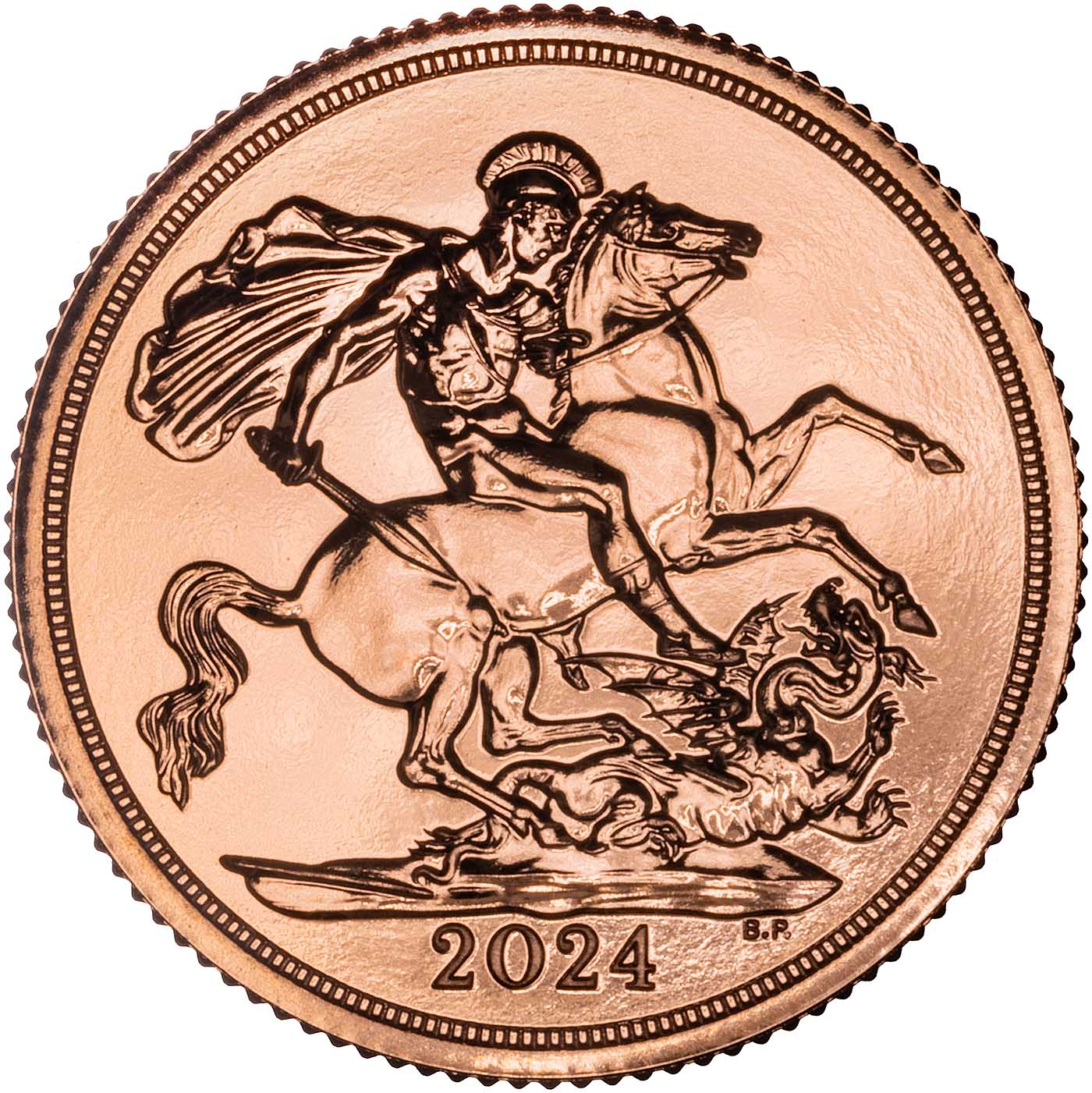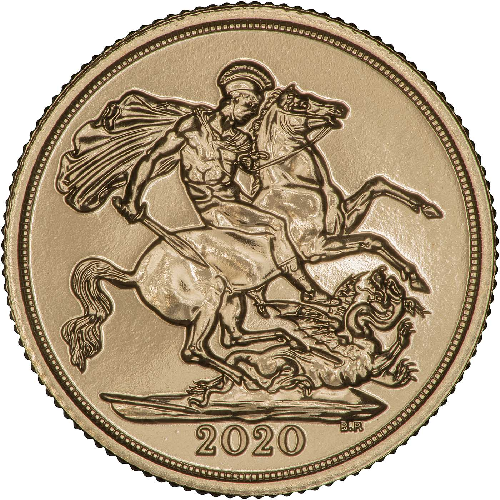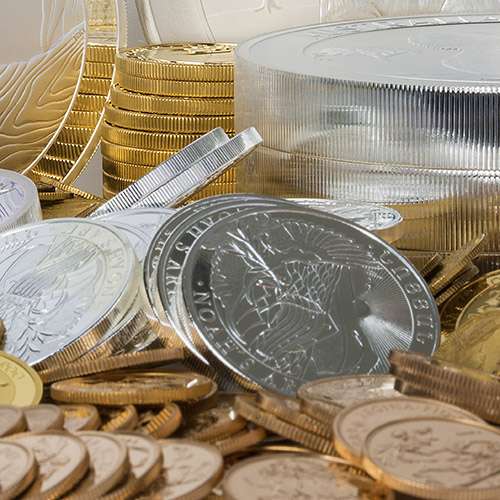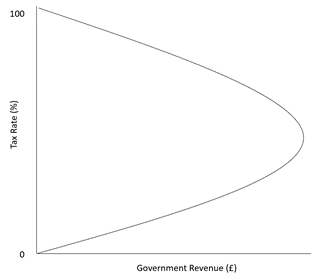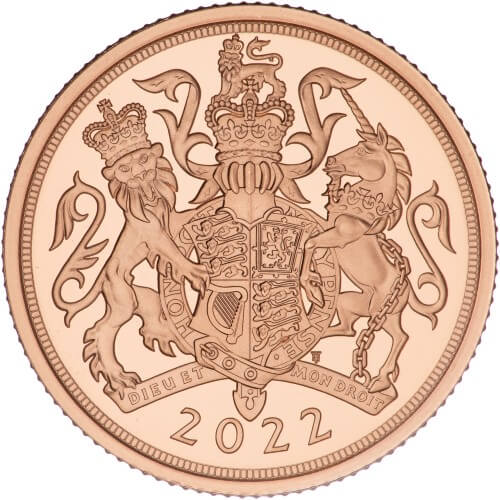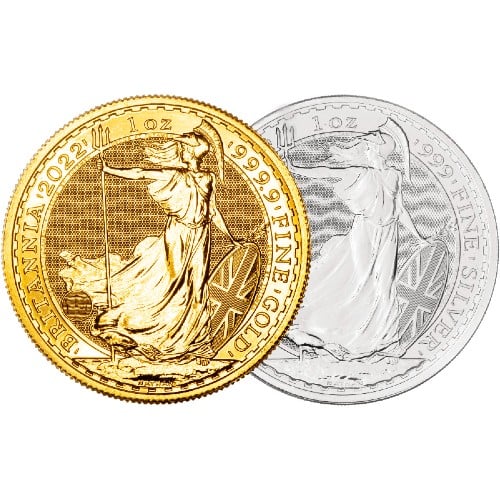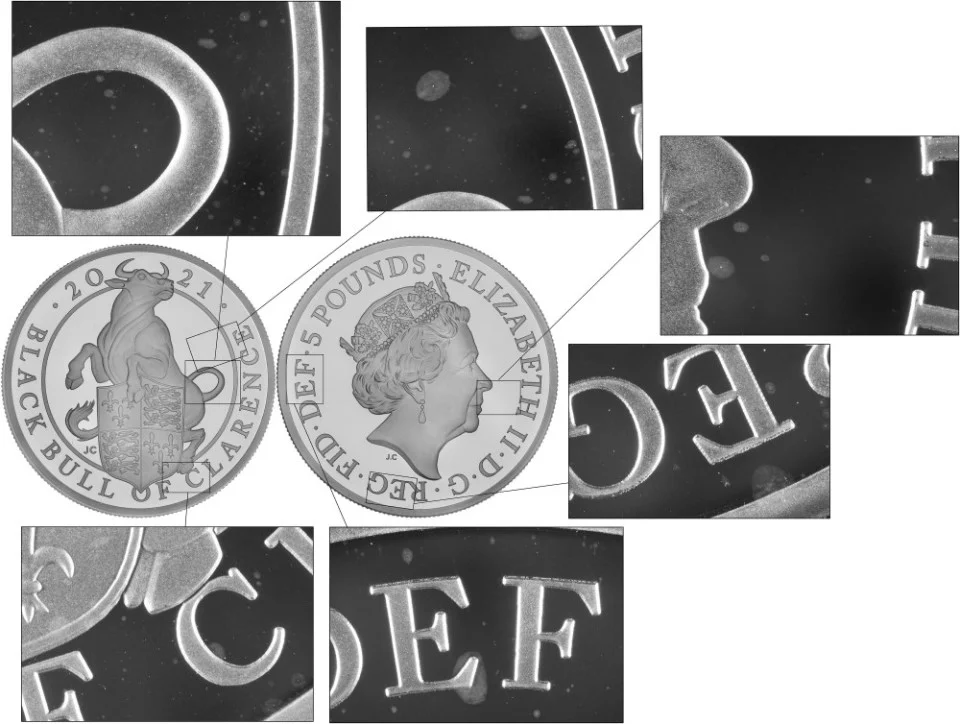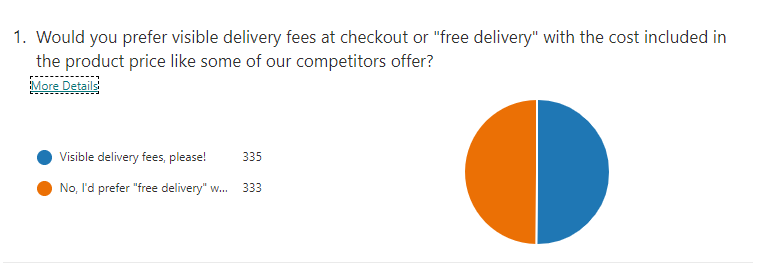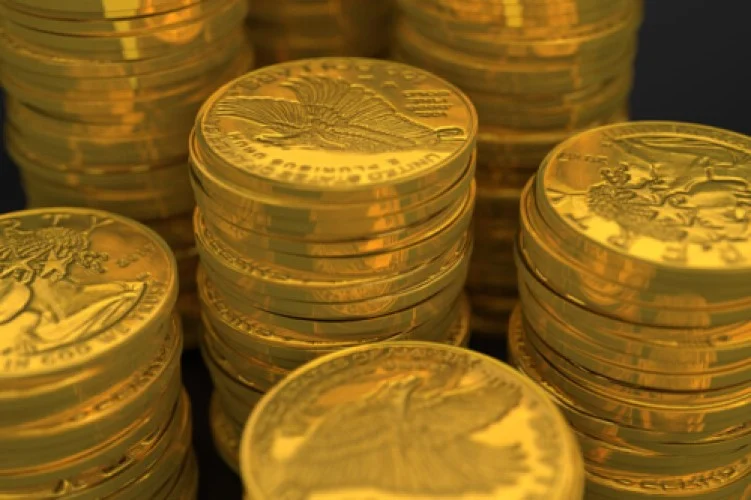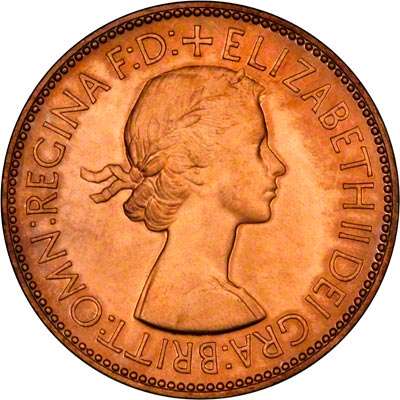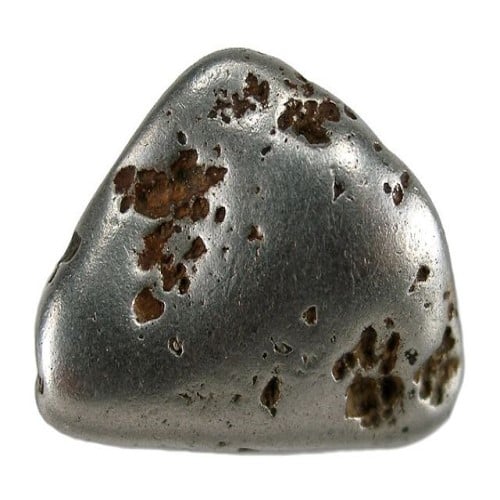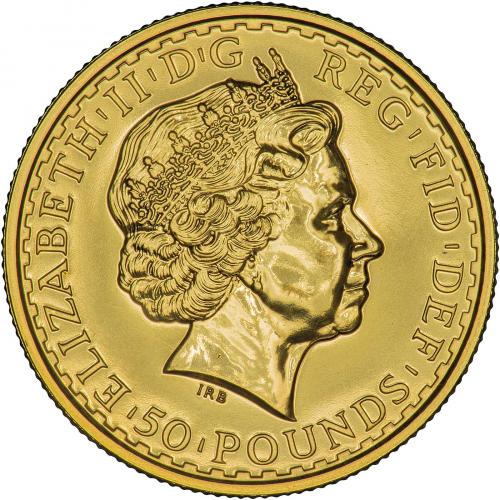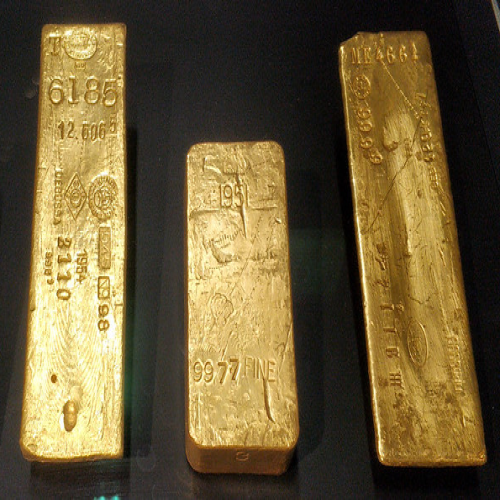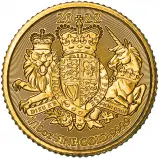What is Capital Gains Tax (CGT) on Bullion?
Synopsis
While most British legal tender coins are exempt from capital gains tax (CGT), due to their status as UK legal currency, some investors may prefer to pay a slightly higher premium for these coins. This can be particularly advantageous for those with larger investment portfolios. However, for smaller-scale gold investments, the CGT implications of other coins and bars might not be a primary concern.
To learn more, we recommend that all UK bullion investors read our Complete Advice Guide for UK Bullion Investors, which details everything you need to know before investing in precious metals. This guide is part of our wider range of gold investment guides and is a great starting point for both new and experienced investors. With over 100 pages of information, it's likely that our gold guide covers the topic you're interested in.
Our comprehensive 2024 Autumn Budget guide outlines the updated CGT rate increases for basic and higher-rate taxpayers. The article also provides an overview of the key takeaways from the Autumn Budget 2024.
What Is Capital Gains Tax?
Capital Gains Tax (CGT) is a form of levies imposed on the profit garnered from the sale of assets, such as real estate, investments, and collectibles. In the United Kingdom, the present CGT allowance is £3,000 per annum per individual, which implies that one can earn up to £3,000 from the sale of assets prior to being subject to CGT.
For UK residents, bullion coins which are UK legal tender pound sterling coins are exempt from capital gains tax (CGT).
What Is the Capital Gains Tax Rate in the UK?
The current CGT rate in 2024 is split into two brackets. Basic rate taxpayers pay 18% on gains, while higher rate taxpayers pay 24%. For example, if you sell bullion for a profit exceeding the annual allowance, CGT is charged on the amount above that threshold at the applicable rate.
What Is the Capital Gains Allowance in the UK?
The CGT allowance as of April 6th 2024 is just £3,000 - having halved again since 2023. This reduction in the CGT allowance is having a significant impact on individuals and businesses that hold assets subject to CGT. As the allowance decreases, more people and companies are required to pay CGT on their investments.
This results in many individuals having to pay more taxes on their profits, leaving them with less capital to invest in other assets. To explore the historical changes and implications of Capital Gains Tax on bullion since 2006, read our Capital Gains Tax Implications Guide from 2006.
Do I Pay Capital Gains Tax on Bullion?
The short answer is, it depends! This can be a complicated subject to discuss, but we will happily give you the benefit of our knowledge and the information that we have acquired over the years. For most private investors, profits on investment gold would be dealt with under CGT (capital gains tax) rather than as income. If you buy CGT exempt coins you are not liable to pay any tax on them should you decide to sell to us.
However, not all coins and bars are exempt. If you liquidate bullion which is not CGT exempt, you are required to pay tax on profits that exceed the annual capital gains tax allowance, which is currently £3,000. We should stress we are not accountants, tax experts or financial advisors, and you should consult further if you have more questions. More information can be found on the capital gains tax section of the HMRC website.
What Do We Pay CGT On?
You might be wondering, 'How can I determine if a coin is not CGT exempt before purchasing it?' The answer is straightforward: coins with a legal tender value other than the British pound (£) will incur CGT because they must be UK legal tender pound sterling coins. If you are investing large sums and are a UK resident, we highly recommend purchasing CGT exempt coins. Here is a brief list of items on which you are required to pay CGT, but it is not limited to these items:
- South African Krugerrands coins
- Gold Bars
- Silver Bars
- American Gold & Silver Coins
- Isle of Man Coins
- Royal Mint Coins on behalf of Guernsey & Alderney.
Why an Exchange Counts as a Disposal for CGT Purposes
In the UK, exchanging one type of bullion coin for another is considered a "disposal" for tax purposes, which may incur Capital Gains Tax (CGT) liability. For example, if you were to swap South African Krugerrands for UK Britannias, this would be treated as selling the Krugerrands and subsequently purchasing Britannias. If the Krugerrands have appreciated in value since their purchase, this "disposal" could result in a taxable gain.
While UK legal tender coins, such as Britannias, are exempt from CGT, foreign coins like Krugerrands are not. As a result, any profit from disposing of these non-exempt coins could be subject to CGT if it exceeds the annual allowance. This distinction underscores the importance of understanding CGT implications when restructuring your bullion investments.
How to Determine If Your Coins Are CGT-Exempt
We have created this simple flowchart to illustrate whether a coin is exempt from CGT or not. Please note this is only applicable to British residents.
If buying coins which are subject to capital gains tax we would suggest the following:
- When you sell or dispose of your coins ensure the profit you make falls within your yearly allowance. If you know you are going to fall into this bracket, as previously advised, take advantage of lower premium products.
- Think about part selling, for example, sell a portion of your investment in one financial year and a portion in another year.
- If you make a loss on the sale of assets this can be set against any gains before making a final calculation.
Why Should You Invest In UK Bullion Products?
Historically, the value of gold and silver has remained relatively stable, making them excellent hedges against inflation. Invest in UK bullion products and enjoy the benefits of stability, security, and liquidity.
Tangible asset: Widely accepted worldwide, and easy to sell.
Secure storage options: Choose between our dedicated vault facilities in Blackpool or our vault in Hatton Garden, London.
Flexible storage solutions: Our 'Digital Gold Account' and 'Digital Silver Account' allow you to store your coins securely and conveniently.
How Do I Avoid Paying Capital Gains Tax?
It is increasingly imperative for individuals and businesses to ponder the tax implications of their investments. To avoid paying Capital Gains Tax (CGT) on bullion, investors should focus on CGT-exempt products that are minted by the Royal Mint (the official mint of the United Kingdom) and are guaranteed by the government.
These include popular Royal Mint bullion coin series, such as Britannias and post-1837 Sovereigns, among others. Britannias and Sovereigns are two of the most sought-after UK bullion products, both of which boast a rich history and are acknowledged worldwide. As these coins are UK legal tender, they allow you to make unlimited profits without incurring CGT liability. This makes them an excellent choice for investors looking to maximise returns while avoiding tax obligations.
2025 Gold Britannia 1 oz Bullion Coin
|
Our Choice CGT Bullion Coins
For those considering diversifying their portfolio, our CGT-exempt 'Our Choice' bullion products offer flexibility and value, ensuring you can benefit from both tax exemptions and competitive prices. By choosing CGT-exempt bullion, you protect your investments from the increasing tax burdens outlined in the upcoming 2024 Autumn Budget.
Some of our most popular CGT-exempt our choice bullion products include the following, but are not limited to these options.
Where Else Does CGT Apply?
Beyond your personal belongings, Capital Gains Tax (CGT) applies to a range of assets, including the following.
- Most personal possessions worth £3,000 or more, apart from your car
- Property that isn’t your main home
- Your main home if you’ve let it out, used it for business or it’s very large
- Shares that aren’t in an ISA or PEP
- Business assets
- Cryptocurrency
- Swapping investments
Why You Should Consider CGT When Investing in Bullion
To conclude, the decrease in the CGT allowance currently in effect in the UK will significantly affect individuals and businesses holding assets that are subject to CGT. Therefore, it is becoming increasingly critical for individuals to carefully consider the tax implications of their investments in light of these changes. Britannias and Sovereigns are an exceptional option as they are exempt from CGT, and offer a tax-efficient way to invest in precious metals.
It is important to note that when making investment decisions, one should always consult with their tax advisors to determine the most appropriate course of action for their specific circumstances. For individuals, they can reduce overall tax liability and increase the amount of capital available for investment in other assets.
Related Articles
Popular Products
This guide and its content is copyright of Chard (1964) Ltd - © Chard (1964) Ltd 2025. All rights reserved. Any redistribution or reproduction of part or all of the contents in any form is prohibited.
We are not financial advisers and we would always recommend that you consult with one prior to making any investment decision.
You can read more about copyright or our advice disclaimer on these links.




